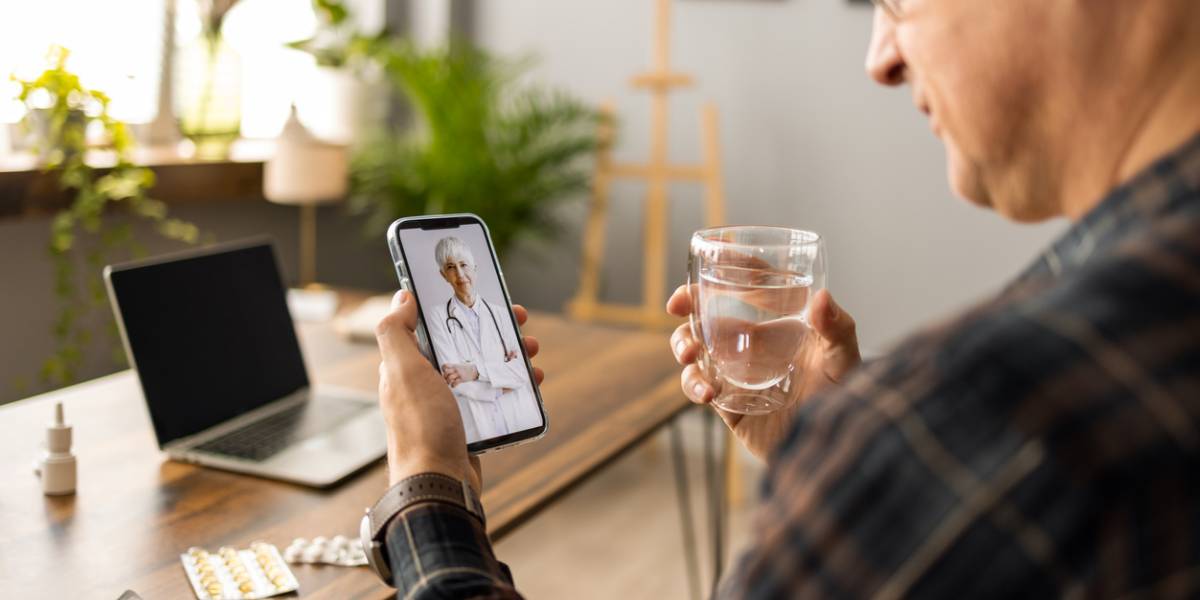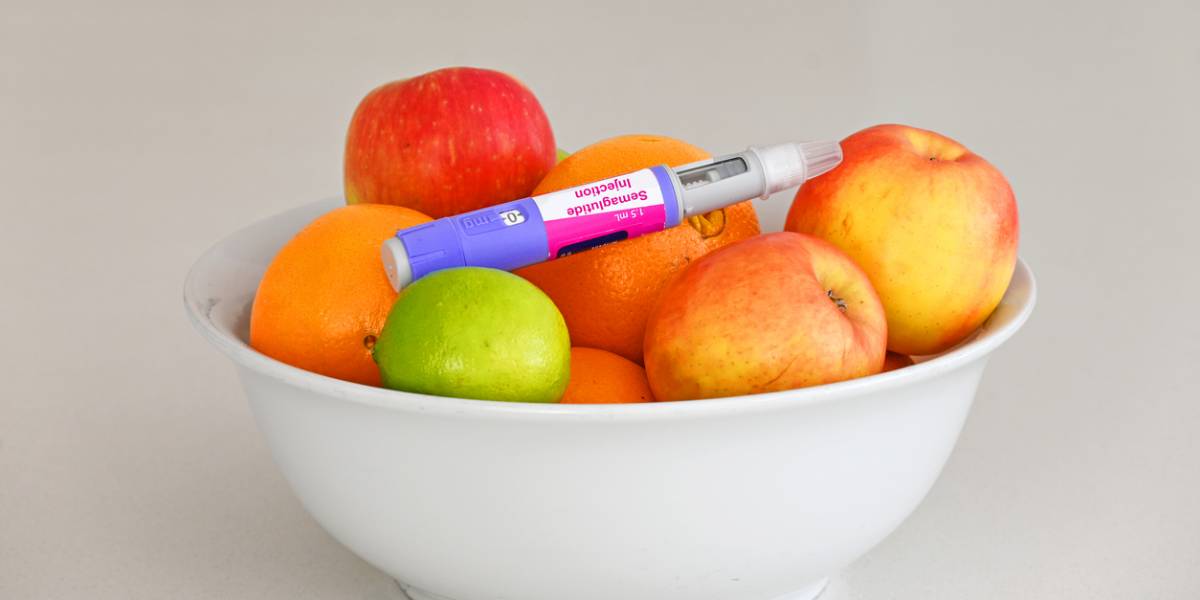More than 30% of people living in the UK have stopped going to their GP for medical advice due to the difficulties of securing an appointment, a new survey has revealed.
Funded by the Liberal Democrats, the Savanta poll has identified that nearly a quarter of the 2,226 adult respondents are unable to get a GP appointment.
Meanwhile, more than 30% of the participants said they have given up seeing their GP altogether and have instead resorted to DIY medical care, the poll findings have reported.
- Calls for better regulation of medics given senior roles despite not being qualified doctors
- Patients prefer ChatGPT responses over doctors’ responses
- Weight loss: people more likely to join programmes if GPs use positive language
Nearly 15% of the respondents revealed that they try to treat themselves instead of seeking professional medical care, with one in five saying they have purchased medicine online without any advice from a trained healthcare professional, according to the survey.
In addition, the research survey has found that one in three people suffering with pain put off seeing a GP.
Sir Ed Davey, Liberal Democrat leader, said: “This should serve as an urgent wake-up call for ministers asleep on the job.”
In the early version of the Liberal Democrat manifesto, it highlights that the party wants to introduce a new legal right to ensure people are able to see a GP within seven days.
Sir Davey said: “The GP poll findings are scandalous. People pay their fair share in tax and expect basic local health services. It is utterly depressing to see Brits turning to DIY medical treatment.
“The record of this Conservative government on the NHS is shameful. Face-to-face GP appointments have become almost extinct in some areas of the country.”
He added: “Patients are left suffering in pain after years of neglect under the Conservative government, who have repeatedly broken their promise to recruit more GPs.”
- GP shares key factors that are vital for our health
- NHS deals with 3,000 hospital admissions each day due to obesity
- Artificial Pancreas: Hybrid closed-loop system gets NHS green light
Latest figures show that thousands of parents are turning to a charity to help treat their children with poor mental health rather than a GP.
Between January 1, to December 8, in 2023, more than 13,000 people contacted Young Minds for support.
In addition, approximately 2,800 parents and carers rang the charity in need of urgent crisis support.
According to the charity, parents required help to deal with anxiety, low mood, depression and anger in their children, as well as autism-related complications and behaviour problems.




